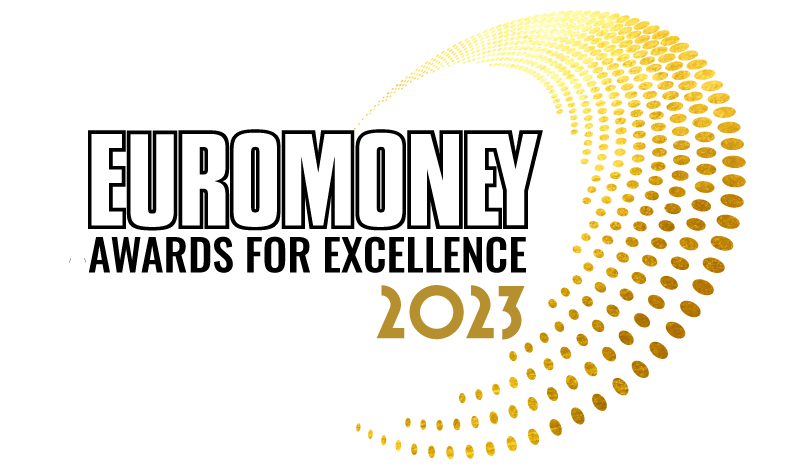A combination of rising interest rates, depreciating currencies and poor credit ratings make it difficult for African economies to tap into global financial markets to fund their sustainable transition. At the same time, the impacts of climate change are becoming increasingly severe across the continent.
In this fragile context, there is a common understanding that public-private partnerships are essential to mobilize capital flows.
Standard Chartered wins the award for Africa’s best bank for sustainable finance in recognition of its ability to leverage its blended finance expertise to drive capital into sustainable projects and focus on social lending, while managing difficult macroeconomic conditions.
Standard Chartered’s footprint across Africa dates back 160 years and financing sustainable assets across the continent is a core part of its strategy to mobilize $300 billion in green and transition finance to aid the transition to net zero worldwide.
For Lina Osman, regional head of sustainable finance west, which encompasses Middle East, Africa, Europe and the Americas, the focus has been moving capital to where it matters the most.

The bank knows that many of its clients are still in the process of taking the very first step towards transition, such as finding out what their emissions baseline is and getting a third-party environmental, social and governance rating.
“Those first steps are essential to then feed into the conversation on structuring financing with regional partners,” says Osman.
Leveraging key partnerships with the public sector is at the core of the bank’s sustainable finance approach. In January, the group appointed John Murton, who worked on South Africa’s just energy transition plans, as senior sustainability adviser to focus on public-private partnerships.
Several important transactions helped Standard Chartered stand out this year, including its efforts to fund water infrastructure assets using a blended finance model. In July, it structured a €50 million social loan for a water project in the Sunyani region of Ghana, with Swedish export agency EKN.
Another example is the €104 million social loan financing for Côte d’Ivoire’s ministry of economy and finance to rehabilitate a critical transport route in the south of the country.
The decision was made to ensure resources are dedicated to grow sustainable finance within the Africa and Middle East regions, given the great scale and growth potential
Lina Osman
For Osman, social loans have been a fundamental tool to promote transition finance in the African context.
“The implications are more acute in some of these markets,” she says.
The group itself has had to make some important strategic decisions to remain competitive in Africa. In April 2022, it announced its upcoming exit from several geographies, including Angola, Cameroon, Gambia, Sierra Leone and Zimbabwe.
“The decision was made to ensure resources are dedicated to grow sustainable finance within the Africa and Middle East regions, given the great scale and growth potential,” explains Osman.
This doesn’t mean that the bank hasn’t been investing in sustainable assets in those markets, however. Standard Chartered has been working closely with the Angolan ministry of finance on key sustainable financing deals.
During the awards period it was structuring bank and mandated lead arranger for two term export credit agency loans worth €238 million to support the country’s agricultural industry and transport network. In January, it also announced a €149 million social deal to build a new hospital in the Angolan city of Kilamba.


